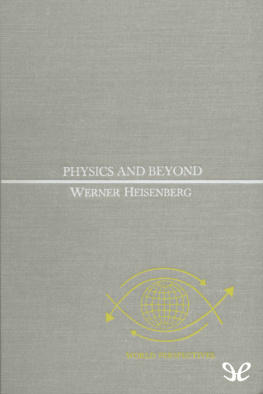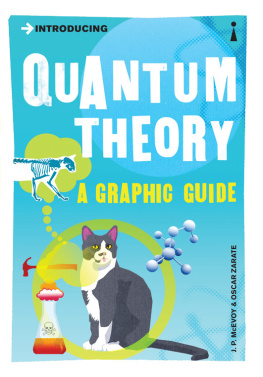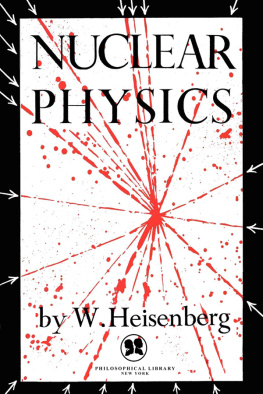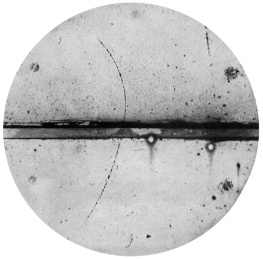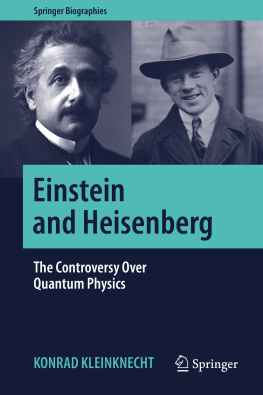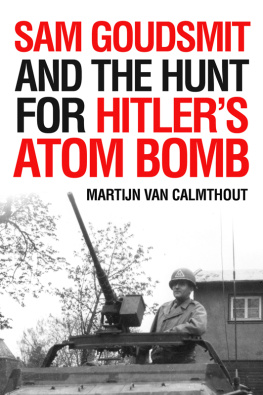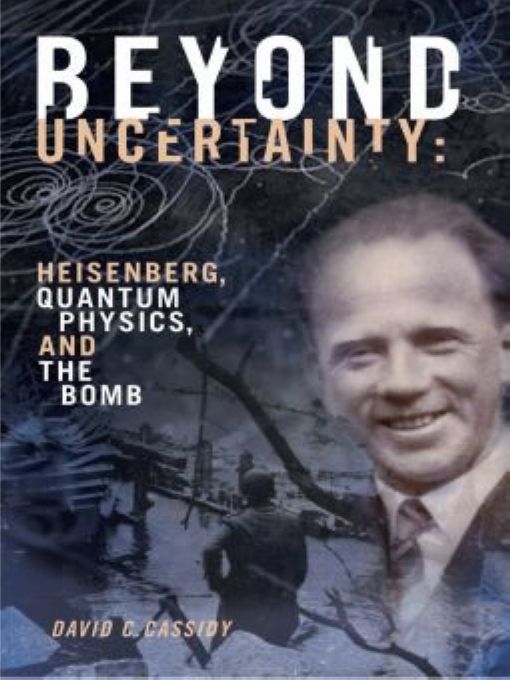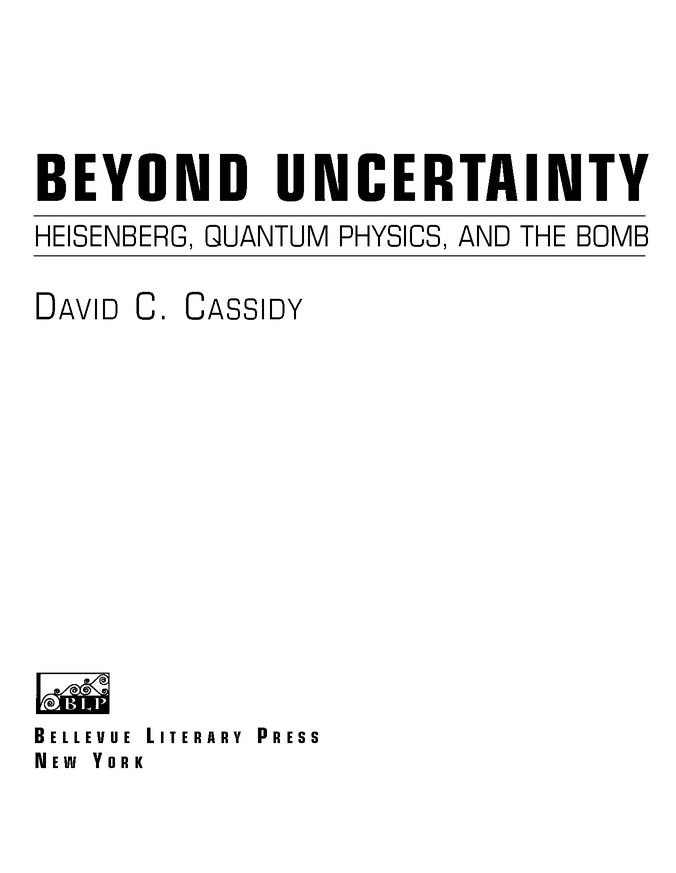Table of Contents
FOREWORD
BEYOND UNCERTAINTY: HEISENBERG, QUANTUM PHYSICS, AND THE BOMB DRAWS UPON, YET in many ways transcends, the detailed account provided in its now-out-of-print predecessor, Uncertainty: The Life and Science of Werner Heisenberg.
The predecessor first appeared in a limited edition in 1991. It was the product of a dissertation and six years of research in Germany and other nations while I was a fellow of the Alexander von Humboldt Foundation in Stuttgart and an assistant professor in Regensburg, Germany. Several more years of research and writing in the United States followed.
My goal in Uncertainty was to attain the most comprehensive biography of Heisenberg possible at the time, and to write it primarily for a highly educated, even scholarly, audience in both science and history. My models were not works of science history but eminent literary biographies, such as those of Henry James (Leon Edel), James Joyce (Richard Ellmann), and Fyodor Dostoyevsky (Joseph Frank). Not only were these exhaustive of the person and his work and times, but the life and work were closely integrated, while both were understood as expressions of the culture and the times, as well as the accidents of upbringing and personality. In this way the subject was seen at once as both a highly creative individual and a member of a community in a specific place and time.
My hope in Uncertainty was to enable readers of the late twentieth century to comprehend in a very fundamental way two of the most significant events of that century. The first was the truly remarkable achievement of one of the premier scientific breakthroughs of the century, the invention of quantum mechanics, followed by its further development in the contemporary sciences of atoms, nuclei, particles, and solids. Quantum mechanics and the sciences it has spawned have brought us profoundly new and remarkable understandings of the workings of nature and of our universe, and have transformed our daily lives through such technologies as lasers, medical imaging, and the transistors at the base of the computer and digital revolutions of today. Heisenberg was one member of the small band of young people and their mentors who helped bring about the quantum revolution during the 1920s and who helped push it forward during the decades to follow. More than many other scientific advances, it was a community effort, extending beyond any one individual. It was also centered at first primarily in Germany, but gradually extended throughout and beyond the European continent. What did Heisenberg and his colleagues actually do in creating this revolution? How did they do it? What larger forces made it possible? What has been its impact? And how does the quantum journey continue today?
The second significant event of the twentieth century entailed the worlds first encounter with advanced industrial totalitarian and genocidal dictatorships, the Nazi dictatorship in particular. How did this happen, and in Germany of all places, the leading cultural and industrial nation at that time? As a member of the non-Nazi upper academic stratum of German society, the product of the best culture and education that Germany could offer, Heisenberg provides a valuable insight into these questions as he, and many others like him, encountered and eventually found accommodation with the new regime. This raises a host of further questions. What events of their past informed their response to the new regime, and why did their efforts at opposition fail? How could Heisenberg remain in Germany and lend his prestige to that society as one of its most prominent remaining scientists? How could he become a representative to occupied nations? How could he work on nuclear fission, and potentially on an atomic bomb, for such a regime at war? As we know from the experiences of others in similar situations, the answers are not as straightforward as they might appear.
Since the fall of the Third Reich, other problems have arisen, many associated with cold-war fear, new weapons of warfare, the threat of terrorism, and the dislocations brought about by globalization. My hope was and is that the lessons of this encounter with a totalitarian, genocidal regime, as it came to power within a democracy and consolidated its hold on the minds of its subjects, will heighten our sensibilities and our resolve whenever similar tendencies and even regimes emerge today.
A lot has happened since Uncertainty first appeared. The cold war had just ended, new perspectives on the Nazi era were developing, and many documents that had been classified or sequestered until then were suddenly brought to light. Among these were captured German war documents in formerly Soviet archives. Some have argued that these documents suggest the detonation of some sort of rudimentary nuclear device in Germany at the end of the war. In addition, many new documents relating to Nazi science policy and antiscientific propaganda were made available in the former East Germany, and in other nations. Also, Heisenbergs family decided to publish many of his private letters to family members through 1945 in a volume that appeared in 2003 and on the Web. Such letters make a comprehensive biography possible. During my research in Germany for Uncertainty, I had seen only some of these new materials and only briefly.
In addition, in response to the popular and widely debated play by Michael Frayn, Copenhagen, in 2002 the Niels Bohr Archive in Copenhagen released a series of previously withheld drafts of unsent letters from Bohr to Heisenberg, starting in 1957. These draft letters contained Bohrs unflattering recollection of Heisenbergs visit with Bohr in German-occupied Copenhagen in 1941. During that meeting they had discussed in some way the prospect of a German atomic bomb.
Finally, a thirty-year-long effort to gain the release of the Farm Hall transcripts culminated in their declassification and release from British and American archives in February 1992. These were transcripts of secretly recorded conversations among ten of the captured German nuclear scientists, including Heisenberg, while held in Allied captivity at the British estate of Farm Hall. These transcripts offer new and important insights into the scientists fission work, their reasons for doing such work, the formation of a postwar rationale for their work, and their plans for reestablishing postwar German science.
As nearly every batch of new documents became available after the publication of Uncertainty, it set off a new round of debate within scholarly circles over such questions as: Was Heisenberg really intent on building a bomb for Hitler? If so, why did the German project make such little progress? If not, why not? Was Heisenberg actually intent on building the bomb but inept as a nuclear scientist and scientific head of the project, or were the war circumstances against rapid progress, or did he secretly sabotage the effort out of moral scruples? What does an overall view of his life and times reveal about his wartime behavior? These are questions that have been hotly, even emotionally, debated, and books have appeared that argue practically every side of this debate.
Finally, during the years since 1991, like many others I have become increasingly concerned about the state of science education in the United States and elsewhere. Science is not just a body of abstract, mathematical concepts invented and manipulated by a small scientific elite, but a living part of human culture and experience, a product of the unending human quest to understand our world and ourselves in relation to it, an adventure that real people with real faults but also enormous determination and creativity have pursued in bringing us to where we are now, and will continue to do into the future. Having firsthand experience with the limited appreciation of this quest and its results at the college level, the elementary level (through my spouse), across academe, and among the general public, I have become increasingly intent on bringing this wonderful story to students, nonscience academics, and the general public. This has been one motivation of my teaching of physics for nonscience students. It has found expression in a textbook for such students that I co-authored recently with Gerald Holton and James Rutherford. In both venues we have attempted to view the science as the product of the historical human quest to understand our world, and as a carefully developed body of knowledge about the workings of our physical world.




